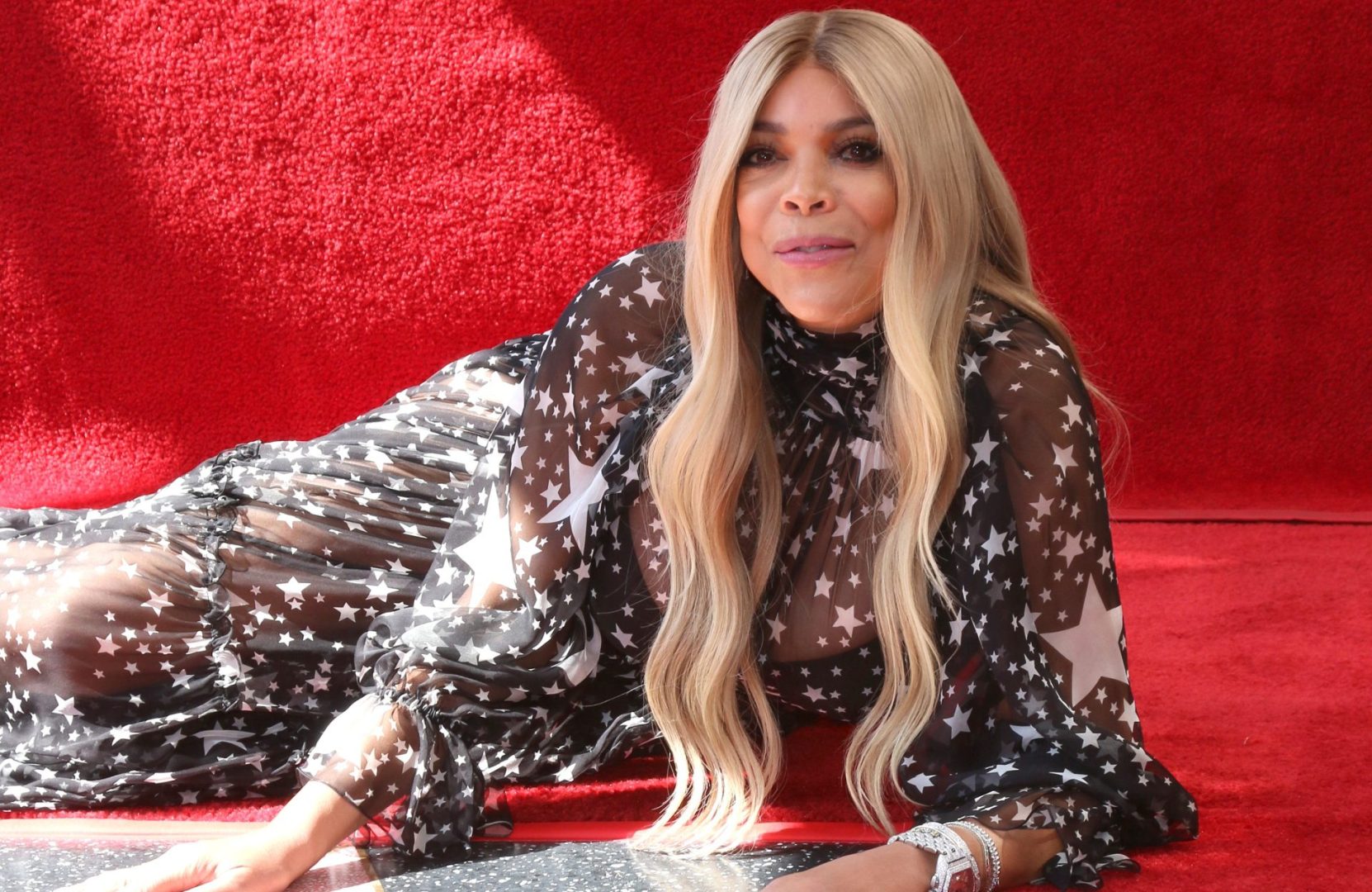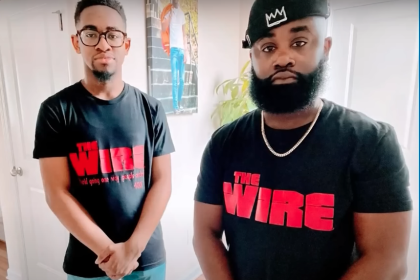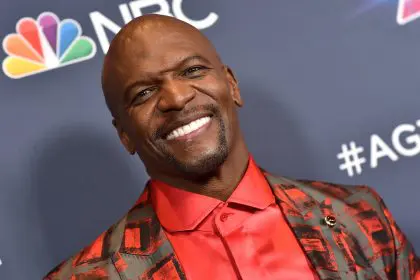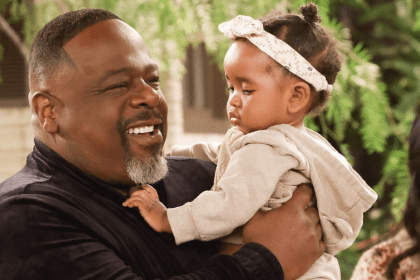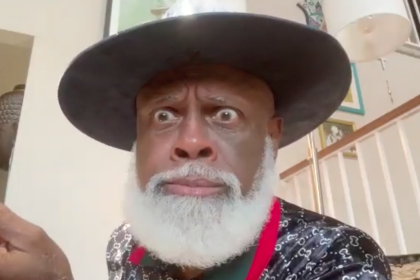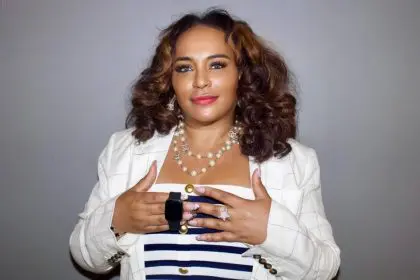The familiar bold voice that once commanded daytime television has found itself at the center of a different kind of drama. Wendy Williams, the trailblazing media personality who spent more than a decade telling others to “say it like you mean it,” is now fighting to reclaim her own narrative amidswirling health rumors and complex legal battles that have left her fans concerned and confused.
The truth behind the health speculation
Recent appearances have sparked intense public discussion about Williams’ wellbeing, leading to widespread speculation about her mental health. The former queen of hot topics has faced rumors about cognitive decline, particularly allegations of frontotemporal dementia. During a recent media appearance, Williams addressed these concerns head-on, maintaining that she remains sharp and focused on her recovery journey.
The path to wellness hasn’t been without its challenges. Since stepping away from her purple chair in 2021, Williams has navigated a complex maze of health issues while maintaining her commitment to sobriety. Sources close to the star reveal that she’s been dedicated to her physical and mental health regimen, working closely with healthcare professionals to maintain her progress.
Understanding the guardianship controversy
The implementation of a court-ordered guardianship in May 2022 marked a significant turning point in Williams’ life. Sabrina Morrissey’s appointment as guardian has sparked heated debate among family members, friends, and legal experts about the necessity and scope of such oversight for the media personality.
Those close to Williams paint a different picture than the one presented in legal documents. Family members have consistently challenged the guardian’s assessment of Williams as “cognitively impaired and permanently incapacitated.” They argue that while she has faced health challenges, she maintains the capacity to make informed decisions about her life and career.
The documentary dispute unfolds
The controversy surrounding the documentary “Where Is Wendy Williams?” has added another layer of complexity to an already challenging situation. The lawsuit filed against A&E and Lifetime Networks raises serious questions about consent and compensation in documentary filmmaking. According to legal documents, Williams reportedly received $82,000 for her participation, a figure that industry experts suggest is well below standard rates for a personality of her caliber.
Former colleagues from the television industry have expressed surprise at the modest compensation, noting that Williams typically commanded significantly higher fees during her career. The allegation of a potentially forged signature on the contract has raised additional red flags about the circumstances surrounding the documentary’s production.
Inside the financial implications
The guardianship battle has taken its toll not only emotionally but financially. The establishment of a GoFundMe campaign by Williams‘ support system represents an unprecedented step for a celebrity who once commanded a media empire. This move highlights the complex intersection of personal autonomy and financial control that often accompanies guardianship cases.
Financial experts familiar with similar cases note that guardianship arrangements can significantly restrict an individual’s access to their own resources, even when substantial assets exist. This limitation can create additional hurdles for those seeking to challenge the arrangement through legal channels.
The impact on her legacy
Williams’ influence on media culture cannot be understated. As one of the first African American women to achieve massive success in daytime television syndication, she helped pave the way for more diverse voices in broadcasting. Her current situation has sparked important conversations about mental health, autonomy, and the responsibilities of the entertainment industry toward its talents.
Media scholars and industry veterans point out that Williams’ case represents a crucial moment in how the entertainment industry handles health and wellness issues among public figures. Her openness about her struggles has helped destigmatize conversations about mental health and addiction recovery in the Black community.
A community rallies
The response from Williams’ fanbase has been overwhelming. Social media campaigns supporting her fight against the guardianship have gained significant traction, with hashtags trending regularly. Former guests from her show, industry colleagues, and celebrities have voiced their support, creating a powerful network of advocacy.
Community organizers and mental health advocates have used Williams’ situation to highlight broader issues surrounding guardianship reform and mental health support in the entertainment industry. Their efforts have helped frame her personal struggle within the context of larger systemic challenges.
Looking toward the future
Despite the current challenges, those closest to Williams remain optimistic about her future. Her determination to maintain her sobriety and mental clarity, combined with her stated desire to return to media work, suggests a resilience that has characterized her entire career.
Industry insiders note that Williams’ expertise and unique perspective remain valuable assets in the media landscape. Her potential return to broadcasting, whether through traditional channels or new media platforms, continues to generate significant interest among producers and networks.
The path forward
The resolution of Williams’ legal battles and guardianship status remains uncertain, but her impact on popular culture endures. As she continues to fight for autonomy while maintaining her commitment to health and wellness, her journey resonates with many who face similar challenges away from the public eye.
The coming months will likely bring new developments in both the legal proceedings and Williams’ personal journey. What remains clear is that her story has evolved from one of individual struggle to a broader conversation about rights, representation, and resilience in the face of adversity.

